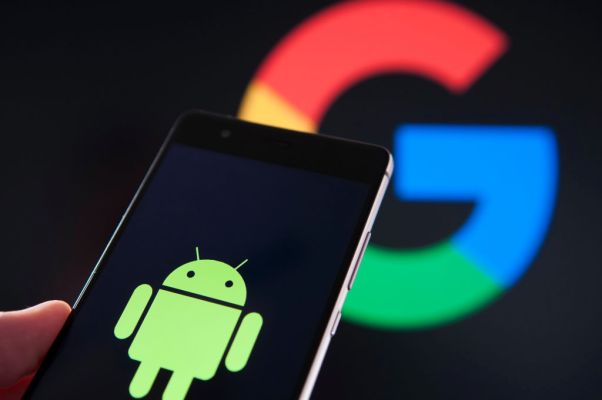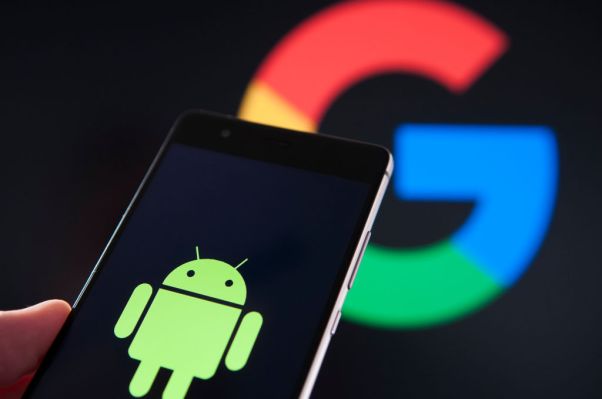

Google has confirmed the expected, that it will indeed appeal the record $5 billion fine that it was handed today by European antitrust regulators for abusing the dominance of its Android operating system.
The European Commission announced that it is fining the U.S. firm for “three types of restrictions that [it] has imposed on Android device manufacturers and network operators to ensure that traffic on Android devices goes to the Google search engine.”
The press conference announcing the investigation, which has been eight years in the making, remains ongoing as of writing, but Google has already issued a short statement that confirms its intention to appeal.
“Android has created more choice for everyone, not less. A vibrant ecosystem, rapid innovation and lower prices are classic hallmarks of robust competition. We will appeal the Commission’s decision,” it said in a tweet.
We’re breaking out the specific details as we learn them in this post, but here’s the core gist.
Competition commissioner Margrethe Vestager tweeted details of the penalty and explained more in an initial statement:
Today, mobile internet makes up more than half of global internet traffic. It has changed the lives of millions of Europeans. Our case is about three types of restrictions that Google has imposed on Android device manufacturers and network operators to ensure that traffic on Android devices goes to the Google search engine. In this way, Google has used Android as a vehicle to cement the dominance of its search engine. These practices have denied rivals the chance to innovate and compete on the merits. They have denied European consumers the benefits of effective competition in the important mobile sphere. This is illegal under EU antitrust rules.
In particular, the EC has decided that Google:
- Has required manufacturers to pre-install the Google Search app and browser app (Chrome), as a condition for licensing Google’s app store (the Play Store);
- Made payments to certain large manufacturers and mobile network operators on condition that they exclusively pre-installed the Google Search app on their devices
- And has prevented manufacturers wishing to pre-install Google apps from selling even a single smart mobile device running on alternative versions of Android that were not approved by Google (so-called “Android forks”).
The decision also concludes that Google is dominant in the markets for general internet search service, licensable smart mobile operating systems, and app stores for the Android mobile operating system.
In a more detailed blog post, Google doubled down on its position to argue that Android has helped bring choice to the market by enabling 1,300 different companies to develop 24,000 smartphones, and bringing over one million apps to users.
Google argued that phone makers aren’t obligated to pre-load its apps and that, even if they do, there are alternatives that have racked up significant download numbers. In particular, the company namechecked browser apps Opera Mini and Firefox, both of which have over 100 million downloads, and UC Browser, which has been downloaded more than 500 million times.
The company did, also, warn that the European ruling may mean that it is forced to charge OEMs to use Android for the first time, a move that could pass on additional costs for consumers.
“We’ve always agreed that with size comes responsibility. A healthy, thriving Android ecosystem is in everyone’s interest, and we’ve shown we’re willing to make changes. But we are concerned that today’s decision will upset the careful balance that we have struck with Android, and that it sends a troubling signal in favor of proprietary systems over open platforms,” the company said in its closing argument.

